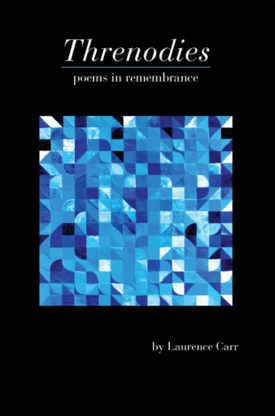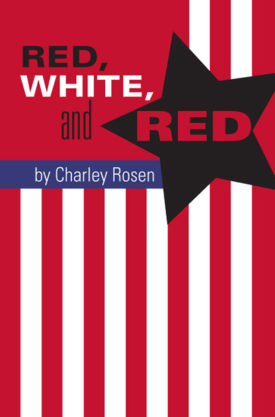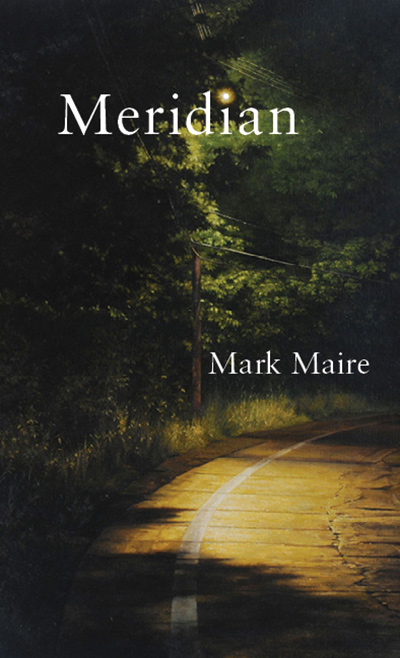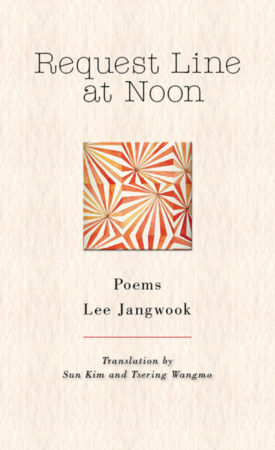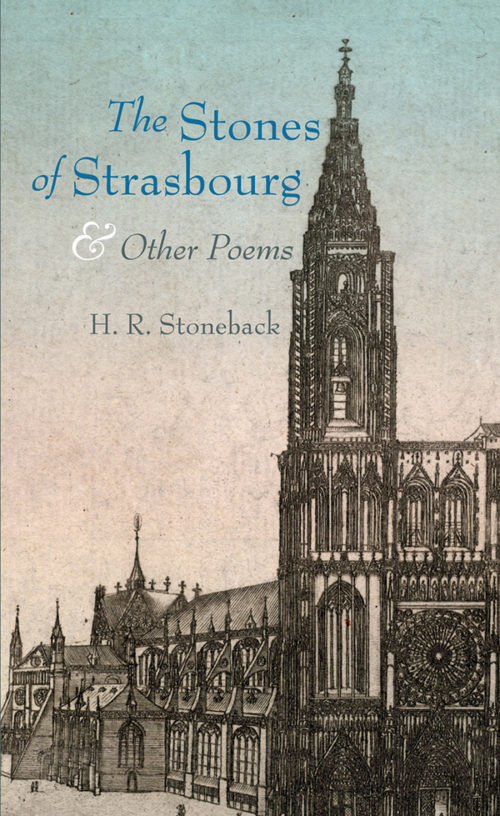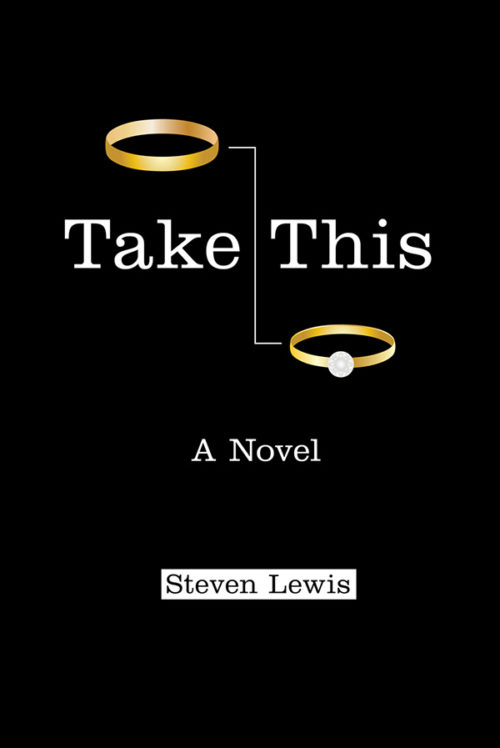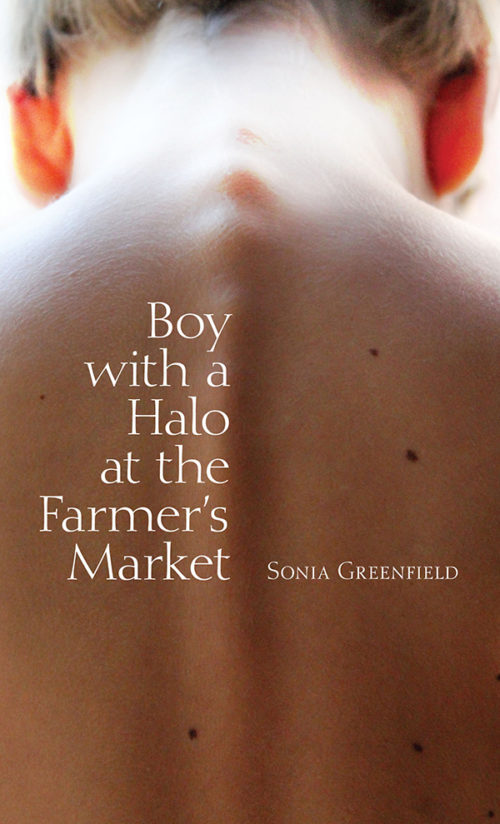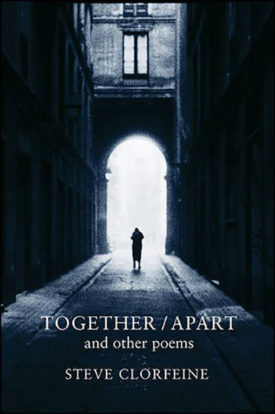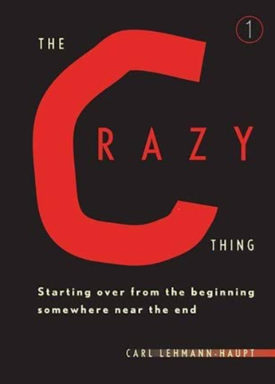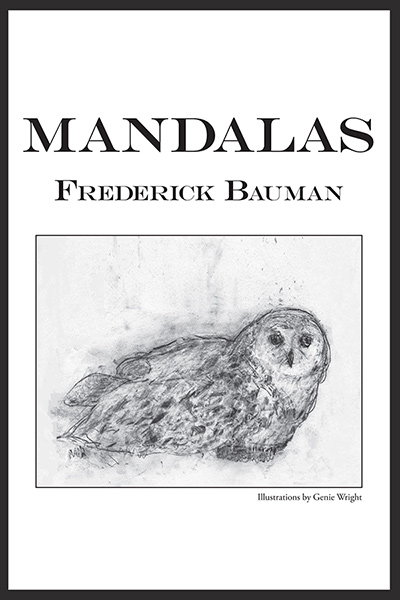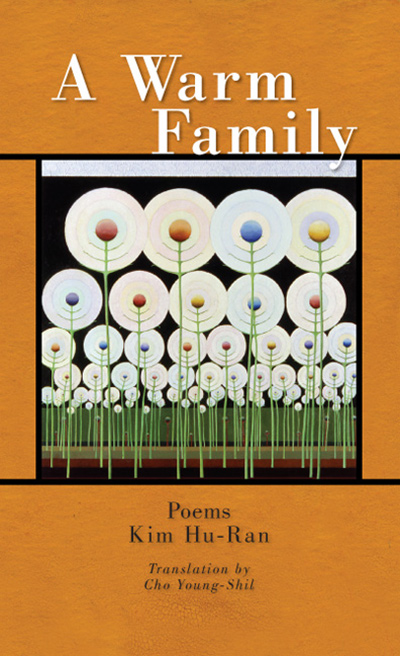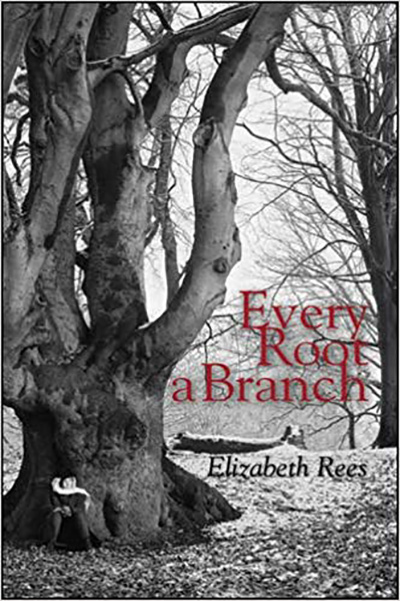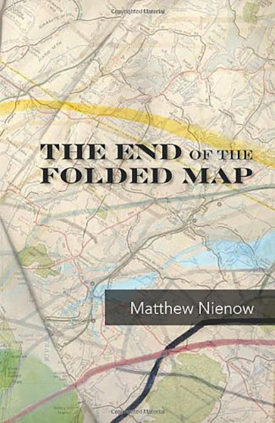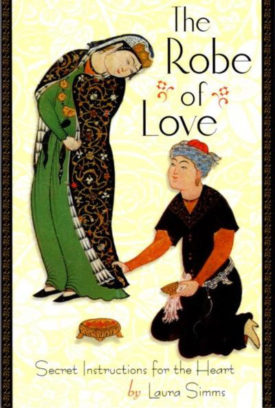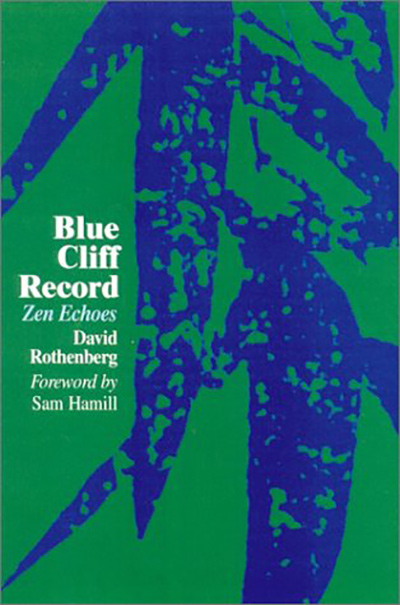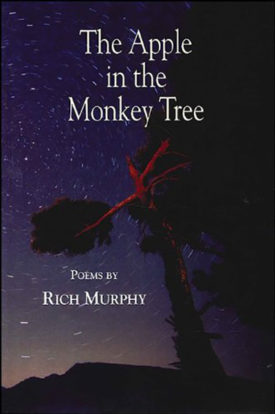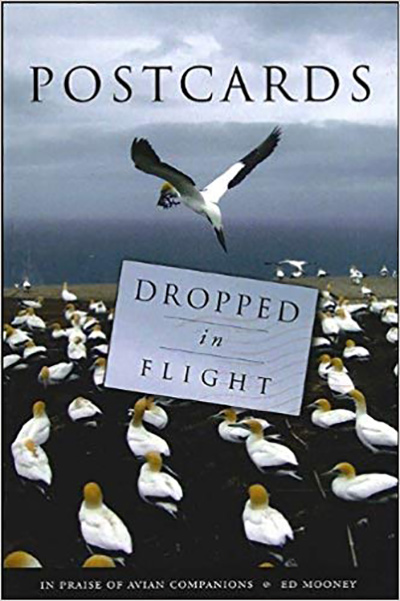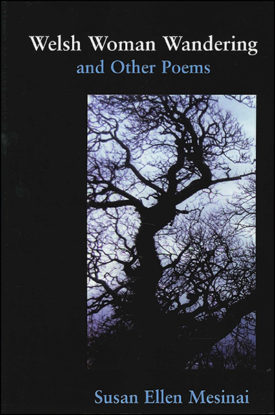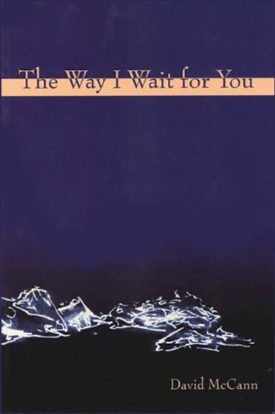-
Out of stockPoems of Remembrance A journey through time and place with stops to visit Madame Curie, Charlie Parker, Scheherazade, Madame Bovary, Lee Harvey Oswald’s coffin and God among others.
-
Charley Rosen is the co-author with Phil Jackson of Maverick (1975) and the New York Times bestseller More Than a Game (2001). As a player at Hunter College, Rosen set numerous scoring and rebounding records, and has subsequently coached several teams in the Continental Basketball League. He has a Master’s degree in Medieval Literature and has written more than a hundred articles for publications ranging from the New York Time Book Review to Men’s Journal, plus thousands of pieces for sports websites. His previously published books include six novels and twelve works of non-fiction. He lives with his wife Daia in upstate New York.
2016 | 280 pages
-
Codhill Poetry Award Winner 2015
Mark Maire rolls down the window for the reader as he drives through physical and emotional landscapes, pointing out the rock walls lining our lives, the abyss of longing beneath a lake’s surface, and the conundrums obscured by the dark forests of human consciousness.—Rebecca Schumejda, author of Waiting at the Dead End Diner
Maire’s quietly visionary poems speak persistently and persuasively to the locations of dislocation. They come at the reader from consistently oblique angles as they record discrepancy after discrepancy, yet they are rooted in a northern world rich in stark distinction. His are truly haunting poems, attuned to how spirit hovers at the corners, the margins, the horizons, but also within us as we grope toward what can never be encompassed but is surely felt. Meridian is a signal achievement.—Baron Wormser, author of Scattered Chapters
2016 | 76 pages
-
From Request Line at Noon… “We were friendly, Inconsiderate. Everyone moved forward to an end. You lost your love And I skipped rope. The surging music At the minimum altitude of my soul; The music from the “Request Line At Noon” We were always Flowing away regularly.…” —Lee Jangwook Translation by Sun Kim and Tsering Wangmo
2016 | 68 pages
-
For Maître d’oeuvre Erwin von Steinbach & Sabina von Steinbach—architects, builders, sculptors: The Strasbourg Cathedral
2015 | 76 pages
-
Oh, the complications of love, marriage, family! They’re all here in Take This. Steven Lewis handles his characters with gentleness and insight. If only all our faults could be judged by someone as compassionate as Steven Lewis.
—Ellen Bass, Like a Beggar
Steve Lewis knows that for many in the boomer generation, the Merry Pranksters’ bus is now a Winnebago. But he also knows that the thrill of the trip is undiminished, the route, quite possibly, just as insane, the destination equally unknown. Along the way, Lewis documents—with tenderness, insight, and outright hilarity—all those ways in which the volatile forces and unpredictable circumstances that forge family bonds may be stronger than the errant behaviors that sometimes fray them.—Akiko Busch, The Incidental Steward: Reflections on Citizen Science
Take This is a soulful gem of a novel, chronicling the last days of Robert Tevis, a psychotherapist with a big heart and no regrets. At turns funny and tender, author Steven Lewis takes readers on end-of-life road trip that leads them into territory that redefines love.”—Sally Koslow, The Widow Waltz
2015 | 234 pages
-
Codhill Poetry Award Winner 2014
Sonia Greenfield explores menace and loss so often, it’s as if her poems are scarecrows to hold against the night. She likes the lyric and persona, likes telling us over and over again, we survive. A master of the unsettling image and moment, she’s got a big imagination and an appetite for the complexity of our lives. “We always bend / our fear into something more useful.” I don’t know if we do, but Greenfield does. The poems in Boy with a Halo at the Farmer’s Market are more than useful—they are beautiful, and demonstrate once more that art is our deepest response to the fragility of life.—Bob Hicok
Sonia Greenfield’s vision is x-ray and technicolor at once. These are poems of tragedy and ecstasy, rendered in high music and beautiful and shocking imagery. It’s rare to find a poem “riveting,” but hers are poems that, once started, refuse to be left unread.—Laura Kasischke
In Sonia Greenfield’s poems, we experience a mind busy with the work of description, and it is through that description—of people known and unknown, of lives on the edge of being unmade, or being sewn back up again—that Greenfield brings us to revelation. By looking at the surface of existence, and by narrating circumstances of particular people in particular places, Greenfield shows us how noticing matters, and how looking at the surface can illuminate the depths.—Mark Wunderlich
2015 | 76 pages
-
Visiting a school for disabled boys, the future Princess Diana singles out wheelchair-bound Alex to dance with—a five-minute encounter that colors the rest of his life, though quickly forgotten by her. Alex, a survivor of severe school bullying, thinks constantly of the tall girl with blue eyes—until one day he sees her on television, the new fiancée of Prince Charles. Alex’s story interweaves with Diana’s final day before her fatal accident in the late summer of 1997. In the unsatisfying company of her billionaire boyfriend she careens from one luxurious, alien Paris location to another, tormented by paparazzi. All day she tries to reach a friend in London, hoping to hear news that will bring a new direction to her life. “Dancing with Diana is a beautifully-wrought story that takes us deep into two hard-to-imagine worlds. Alex, a bright young man with cerebral palsy, has his destiny intertwined, in double-helix fashion, with Princess Diana. The latter we meet in her last few hours, and Alex we accompany from childhood through manhood. His ungainly yet triumphant progress towards self-acceptance and independence has an extraordinary echo in Diana’s own brave, doomed search for an authentic life. This is a very fine book that side-steps clichés about celebrity to create a new awareness of Diana, and also gives us a startling sense of life lived strongly and meaningfully with cerebral palsy.” —Dan Yashinsky, author of Tales for An Unknown City and The Storyteller at Fault
2015 | 160 pages
-
This fourth book of prose poems is a collection of collaged visual images—some randomly recollected—others noted down as I’ve apprehended them. Woven through the visual images are descriptions of sensation/perception that arise with the memory of place. About the three parts of the collection: ‘Together/Apart’ is specifically a subjective excavation of relationships; ‘Postcards’ speaks to a lifelong attachment to correspondence and its directness; and ‘Place’ is about situations/places that I’ve invented or re-imagined. 2015 | 80 pages
-
Out of stockThe Crazy Thing tries to respond to this endless question. It is a love story entwined with a philosophic quest. Beginning from the question about dying it goes on to explore some ways in which it might be possible to begin over again, and perhaps still learn how to live ‘somewhere near the end.’ The Crazy Thing is a memoir with three themes: the story of the author’s long love affair with the poet Celestine Frost; the drama of his enigmatic calling as an artist, writer, and thinker; and his lifelong search for the incalculable limits of the self. The Crazy Thing is a work in progress, whose outcome is yet to be known. This first small volume will be followed by several more. It contains an invitation to the reader to post their questions, comments, and refutations regarding the book’s conclusions on a website — thecrazything.net. The author will take into account the most pertinent of those challenges to his understanding as he composes the subsequent installments. In the end, the book will be a work of collaboration between the author and the community it creates. The Crazy Thing is an artist’s book, composed of drawings, photographs, and fragments of text. The fragments describe events from the author’s past, which alternate with journal entries from the present, in which the old man confronts the younger man he once was. The book is made up of many pieces, but all of them point to one conclusion — the picture of a man in search of his full stature. As for the Crazy Thing itself no one can tell what it is. It is the X-factor that can’t be named because it is not a thing among the things of the world. Nor is it a power. Anyone may feel its inexplicable influence, but they will search in vain for the cause. The Crazy Thing is present only in its absence. Listen carefully and you may hear it sweeping the top of the sky clean.
2014 | 100 pages
-
I know of no contemporary poet who is more grounded in a poetics of the metaphysical than Frederick Bauman. He is obviously a poet of great erudition with a deep sense of the traditions of poetry, ranging from the archaic and classical poetries to such “modern” poets as Walt Whitman or Basil Bunting. His sense and awareness of nature in all its grand sweep from the micro cosmos to the macro cosmos inform his poetics, which might also be a poetics of the body both corporal and spiritual.
—From the Preface by Ivan Argüelles
A sample stanza from the poem Snowy Owl: And the snowy owl calls forth within us The questioning that can keep us on edge Which is the only place where we are Alive to the present which is the dance Of past and future through each fiber of Our bodies which are – temporarily – Repositories of eternity2014 | 55 pages
-
From A Warm Family… “ The sun is going down, and in the pureness of silence I drop the day’s anchor. As I shed the sweat-soaked clothes stars in the night sky draw near to me to be my friends, and my family.…” —Kim Hu-Ran Translation by Cho Young-Shil
2014 | 120 pages
-
“Rees’s poetic imagination, imagistic and psychologically honed, projects back into history, as far back as the myths of origin—and these poems, weighted with mattering, give a picture of the narrative behind our daily projections: longings, sorrows, retributions and redemptions. We feel a poet doing the poet’s hard work, processing what is.”
—Sven Birkerts
“Elizabeth Rees’s poems project the bare inherent tattering of memory reknitting the current with ferocious loyalty & precise quick lilt: His hands hold his head / because his mind can’t see / why his eyes should weep. (Man Weeping in a Chair.) They are lucid in agitation: There isn’t time… / No, that’s wrong, / there are buckets of time. / Exploding takes forever. (Saboteurs.) With discerning detail & achingly tender triage—frontal, tough, sweet—they dig out the live among the dead, having blessed the bones. Enlivened, we emerge as the poems do: … a cave opens / and we wander out, squinting / from the heavy slope of light. (Sinai Desert Walk.)”—Olga Broumas
“No doubt that Elizabeth Rees is a poet of the world—commanding a range of subjects, replete with cultural and religious references, as she travels the terrains of our globe, utilizing the language of poetry as truth, never severing social consciousness from private mediations on family bonds, from which the book takes its title: My knees smeared with mulch, I tilled / until every stone was turned, until the fault was deep enough to bury / all the seeds that could have borne / a son. Weeds will be my daughters / and every root a branch. Reflective, fearless, and unrelenting with love, these poems pulsate to the music of formal poetry, while simultaneously liberating the vernacular to express the wonder and challenge of being human in a conflicted world, invoking poems of toughness and glass-like fragility.”—Judith Harris
2014 | 76 pages
-
Winner of the Codhill Poetry Chapbook Award for 2010, Matthew Nienow’s The End of the Folded Map charts the jagged frontiers of memory with lines of metrical precision and imagistic inventiveness, rendering an atlas of our collective humanness.
—Pauline Uchmanowicz
2011 | 32 pages
-
Instructions for the Heart Acclaimed storyteller Laura Simms gives us a rich tapestry of tales that unveil the secrets of love in all of its forms. Passionate, riveting, often humorous, these stories of emotional, physical, and spiritual love come from a variety of traditions, including Celtic, Inuit, Persian, Hindu, Jewish, and African. Laura finds the pearls of wisdom and insight carefully hidden within each story. Her evocative, telling commentaries and quotes interspersed with these tales of love and the mysteries of the heart lead us to the many faces and profound requirements of love."One can never know what love will look like or what form it will take. Each of these fourteen stories is a passage to love with its own perils and triumphs, disappointments and miracles. It is in the power of story to remind us what we have forgotten, what we need to remember to restore our hearts."
—from the introduction by Terry Tempest Williams, author of Red, Refuge, and Leap
"Irresistible. A major force in the revival of storytelling in America."—The New York Times
"Intriguing, wonderful, and ripe with the mysteries of love."—Geoffrey Navias, Artistic Director of the Open Hand Theater
2002 | 94 pages
-
Zen Echoes
"It is astonishing how thousand-year-old riddles are brought here to evocative poetic life. David Rothenberg converts them into contemporary verbal music, an arcanum, a profound secret, a mystery without intellectual solution." —Frederick Franck, author of The Zen of Seeing, The Buddha Eye, and other books Much as Coleman Barks breathed new life into the work of the great Sufi poet Rumi and reached the hearts and minds of contemporary readers, David Rothenberg now brings us vividly poetic new versions of the enigmatic koans and riddles from the classic Zen Buddhist text, the Blue Cliff Record. Blue Cliff Record: Zen Echoes is an accessible contemporary distillation of this twelfth-century treasure of Zen Buddhism, a lively feast of words and images designed to stretch and open the mind. With a foreword by poet, author, and translator Sam Hamill. "David Rothenberg's adaptation of Blue Cliff Record is that rare thing, a work of art that is also useful. It is as bracing as a dive into a cold spring--a wake up call from reality--the splendor of what is." —Mark Rudman, winner of the National Book Critics' Circle Award for Poetry and author of Rider "What is unique and wondrous about these poetic responses to the Blue Cliff Record is that here philosophy, spiritual practice and creativity are fused and whole. Each poem remarkably celebrates the Zen past and at the same time builds the foundation for a new interpretation that helps imagine how we, here and now, can live the Dharma on these shores." —Charles Johnson, winner of the National Book Award in fiction for Middle Passage2001 | 128 pages with 12 illustrations
-
"Mr. Murphy is a very careful craftsman in his work, a patient and testing intelligence, one of those writers who knows precisely what he wants his style to achieve. His poetry is quiet but packed, carefully wrought, not surrealistically wild, and its range not limited but deliberately narrow. It takes aim."
—Derek Walcott
"Among my favorite poems in Rich Murphy's The Apple in the Monkey Tree, 'Monk See Monk Do,' 'Forceps Two Step,' 'Table Manner,' 'Weather or Knots,' 'Science 1492,' 'The Nature of Things Now,' 'Genesis.' I could go on listing. The apple and the monkey are carried throughout the collection but are presented in a fresh way each time they appear. The satire—the exposure of the reality of human existence and human nature, very Swift-like, yet different in execution—less gritty than Swift's poetry. Nicely done.”—Samantha Gloss, Freelance Editor
"If 'we distract the angels from the soft / behind of our biology for the rough / terrain of history,' we connect human beings to the fuller spirit of the mountain and ocean. After all, the earth is prior to mankind. We exist for it. Nature doesn't exist only for human use. These poems ask questions about human relevance. If a poet can answer, in part, the question, What are the reasons for history?—then his book is worthy of our attention.”—Sean Farragher, Poetry Editor, FRiGG Magazine
-
Out of stockIn Praise of Avian Companions TO CATCH THOUGHT UPON THE WING CATCH POSTCARDS DROPPED IN FLIGHT. AND ATTEND THE FEATHERED MESSENGERS. EVEN PLATO KNEW THE SOUL AS RAMPANT AVIARY. HE IMAGINES HE'LL FLOAT UPWARD AT HIS DEATH LIKE A WILD SWAN ELUDING ALL WHO WISH TO CORNER HIM IN ANY CAGE OF PROOF OR FINISHED PORTRAIT. ONLY THOSE WHO RISE TO SOAR WITHIN HIS ELEMENT ENJOY HIS COMPANY. Ed Mooney tilts his ear to catch these avian intimations intercepted in Boston, Venice, Berkeley, or other sites of utter surprise. A skim of these meditations appeared in Terra Nova, the journal of deep ecology, and were acknowledged in The Best American Essays, 1998."Charming, enigmatic, often humorous, these half-poetic, half-philosophic vignettes condense a lifetime to its essential images. They sent me searching for my own."
—Steve Webb, Seattle writer and Emerson scholar, author of A Notebook on The Inward Morning
"Those who love water, evening flyers, and early fog will love these poetic nests meant to lure the roaming philosophic mind."—Will Johnson, scholar of Indigenous Religions & Buddhism, Cal State San Diego, author of Riding the Ox Home
2006 | 168 pages
-
and Other Poems "Susan Mesinai's poems are spiritual, inquisitive, and generous—an alchemy of language. With imagistic lines and surprising off-rhymes, their many cadenced voices range from Raoul Wallenberg's isolation cell to Jacob's ladder-totem-pole; Kali's broad sweeping grounds to a mother's mother's healing well; a daughter who "...plants her feet on mine...laughing backwards" to a wife's full moon face 'braver than any war.' I'm grateful for these new connections to this bright, agile world of constantly renewing relationships."
—Christianne Balk, Author of Bindweed and Desiring Flight
"Susan Mesinai, activist, poet, moral conscience, sends dispatches from a spiritual battlefront.... Lyrical, personal, fiercely honest, an American Akhmatova, Mesinai bears witness to the madness of her time, and to hard-won moments of sanity and hope in this incandescent collection of poems."—Marcus Boon, York University, Author of The Road to Excess
At this Spring, you will find me, in all my smiling Invisibility Part of the play of lights and darks dancing on the Waters of a Sacred Well, giving Vision to the Blind & Healing. Here I will dwell, even in this lifetime For I have come Home. —from the poem "Welsh Woman Wandering"2007 | 110 pages
-
"These poems are a wonderful, wide-ranging record of pleasure (or perhaps it is my pleasure reading them), for even those on death or persecuted poets have beauty and restraint and all of them, whether on seabirds or a Korean wedding, are touched with the poet's signature wit and sense of astonishment."
—Paul Hamill, Poet Laureate, Tompkins County, NY
2007 | 90 pages


